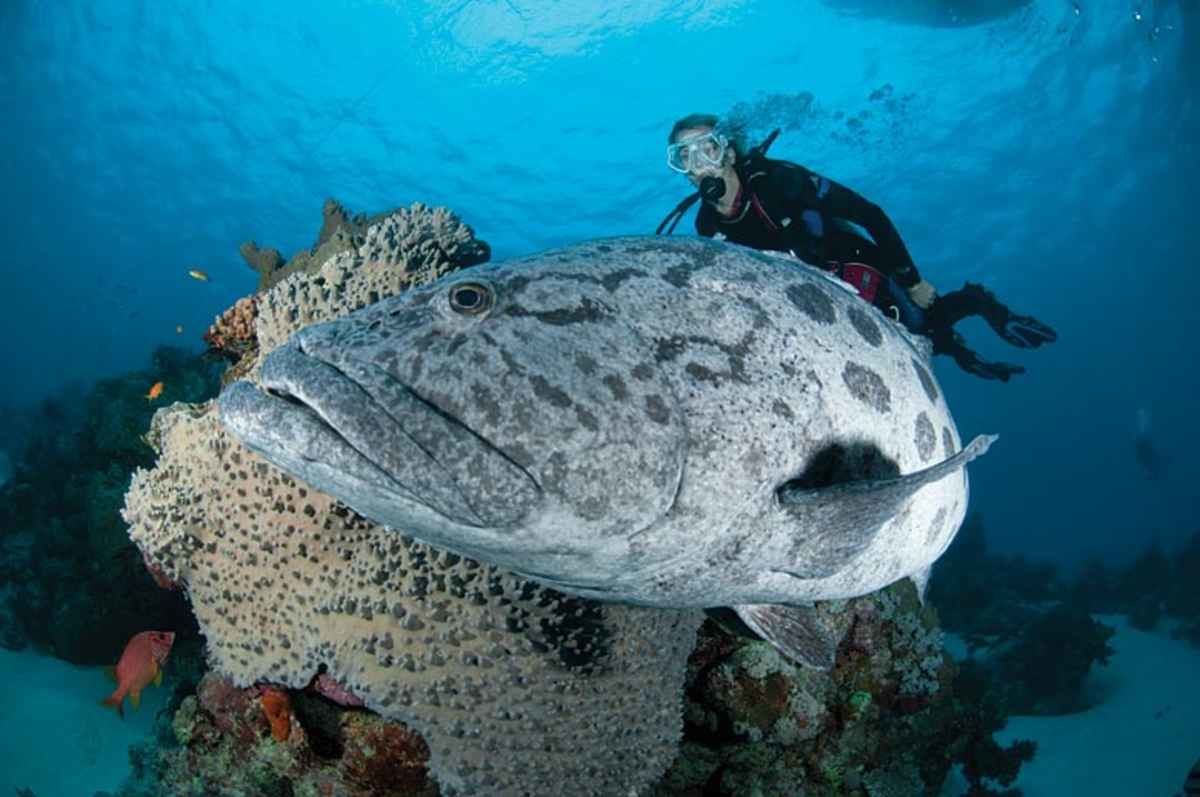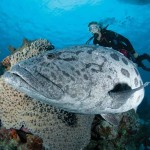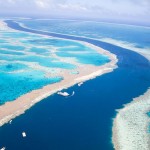When Outside magazine wrote an obituary for the Great Barrier Reef, the editors were widely criticized for exaggerating the reef’s demise.
“Like coral reefs everywhere, the Great Barrier Reef is in serious need of the equivalent of critical health interventions, but it is far from dead,” wrote Paul Marshall, adjunct associate professor at the University of Queensland, and Adam Smith. They are directors of Reef Ecologic, a coral reef management and climate change adaptation consultancy. “What we are hearing from scientists, reef managers and communities is not the hopeless tune of a funeral march, but a clarion call to action.”
But news sources such as The Telegraph are reporting that at least two Australian scientists no longer believe the reef can be saved, at least not in its current form.
The reef has been severely damaged by the warming of the oceans, and around 95 percent of it suffers from bleaching, according to scientists who surveyed it in 2016.
A blueprint for responding to coral bleaching and other recent impacts on the Great Barrier Reef was the focus of a recent two-day Reef Summit in Townsville, Australia. Hosted by the Great Barrier Reef Marine Park Authority, the summit — Managing for Resilience— was the first of its kind for the GBR and involved more than 70 leading marine experts from around the world.
In a recent communique, the expert panel said they were “united in their concern about the seriousness of the impacts facing the Reef and concluded that coral bleaching since early 2016 has changed the Reef fundamentally.”
Some experts concluded that the lesser target of “protecting the ecological function” of the reef is more realistic than salvaging it.
The Great Barrier Reef Marine Park Authority explained what this would mean: “The concept of ‘maintaining ecological function’ refers to the balance of ecological processes necessary for the reef ecosystem as a whole to persist, but perhaps in a different form, noting the composition and structure may differ from what is currently seen today.”
The GBRMPA also noted that “in our lifetime and on our watch, substantial areas of the Great Barrier Reef and the surrounding ecosystems are experiencing major long-term damage which may be irreversible unless action is taken now.”
Experts agree that since the 1980s, the reef has deteriorated significantly. A 2012 study by the Australian Institute of Marine Science found that half of the reef system had degraded since 1985 due to coral bleaching, storm damage and predatory crown-of-thorns starfish. The loss of so much of the Great Barrier Reef could be catastrophic the world over.
“The planet has changed in a way that science informs us is unprecedented in human history. While that in itself may be cause for action, the extraordinary rapidity of the change we now observe makes action even more urgent,” said The Great Barrier Reef Marine Park Authority.
“They are trying to manage reefs in a rapidly changing world,” said Professor Ove Hoegh-Guldberg, who sits on the expert panel. “What are the key ecological functions? Essentially, what roles do they play that are important to humans?”
The expert committee’s views could lead to the reef being declared a World Heritage Site “in danger,” a finding that the Australian government has resisted.
Source Sport Diver











